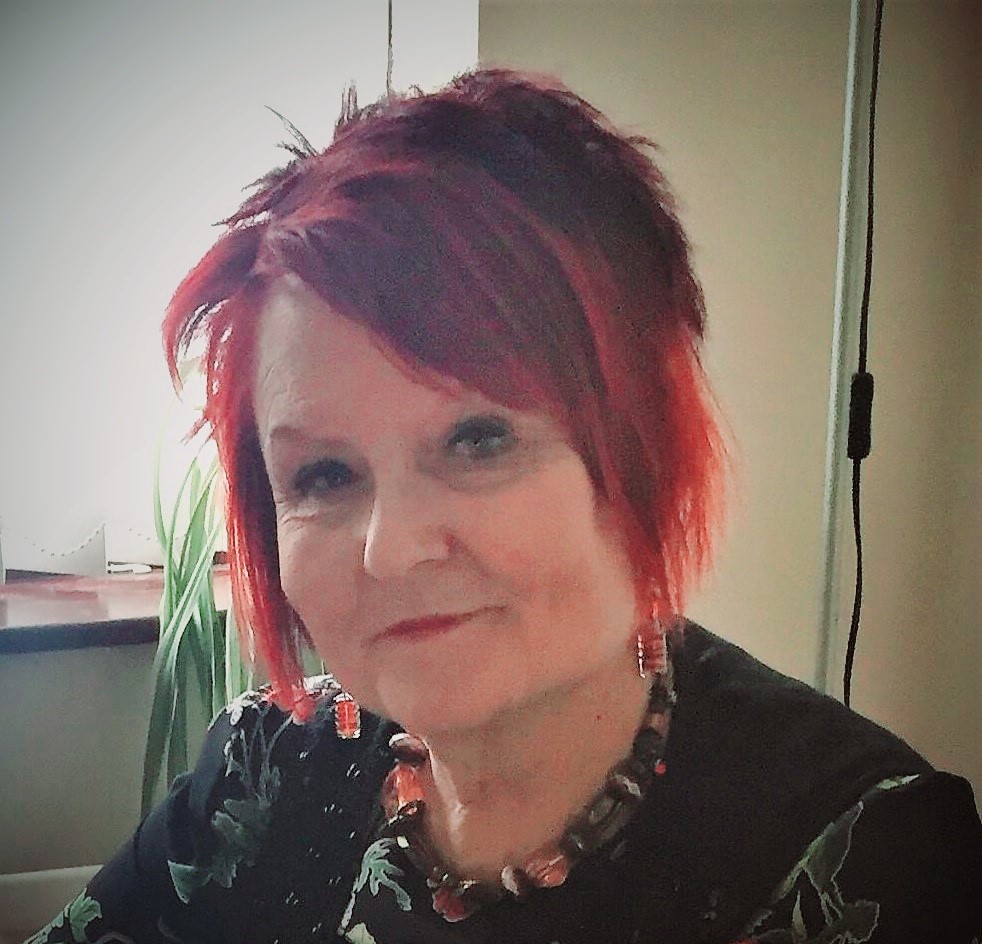Showing our vulnerability is risky but rewarding in the long run. When we confide our thoughts and feelings in another person, we may secretly fear that our sharing will not be reciprocated. Or it could be used against us. Or we will be judged. Or criticised.
Often our deepest sense of vulnerability arises when we find ourselves in situations that tap into our basic fears of abandonment. Or the opposite - feeling overwhelmed. In both of these instances we fear our personal boundaries are so threatened that we risk losing our very selves.
A lot depends on our ability to stay calm during periods of emotional turbulence. Such composure is a strength we need to consciously cultivate. When we stand firm in menacing situations we are able to do so through the numbing of emotion / anger. When we get angry with people who provoke our distress this enables us to blame others. In turn this neutralises the uncomfortable feelings we are experiencing.
However, I would argue all we are doing is masking feelings of uneasiness or insecurity.
It is healthy to express our feelings. We are true to ourselves when we do so. The trouble is, when we are adults we often find it hard to do. One of the reasons we find it difficult to confront others is because we do not want to reveal how we really feel as people.
We need to be honest with ourselves. Then we can be honest with other people. And the good news is our bonds with others can often become deeper and stronger.
Here's how.
Speak your vulnerable, real truth to someone. Even if it scares the life out of you, your stomach is churning and your anxiety is high and you fear abandonment, rejection or criticism.
Remind yourself: 'I deserve to be heard'. Your truth is your most valuable asset. It will change how the other person will see you. It will also change, in time, how you feel about yourself.
It's never too late to speak your truth. After the initial sense of anxiety, be ready for a great sense of freedom and empowerment. And finally, relief from letting go of hiding behind that mask.
Using anger as a cover-up
Anger is one of the most common ways we protect ourselves against feeling vulnerable. Psychologically, accomplishing the balance of staying present and holding onto our emotional calm when it feels under siege may well be one of our greatest challenges.
There is much to gain if we can develop this ability. A glittering prize awaits. The discovery of personal power. In learning how to share our hurts and our fears of being hurt, we can realise our potential for emotional intimacy. This is one of the greatest rewards of a committed relationship.
Growing such an invaluable personal resource - one that may well represent the ultimate in self-control - lies in our ability to accept who we are and to practice self-care.
When it comes to self-acceptance, even when we've done something wrong, we need to maintain a strong sense of ourselves as being basically okay. When we view ourselves with compassion, we admit we still have things to work on. Self-acceptance centres on our ability to regard ourselves with kindness and understanding. When we are able to grasp our every action this simply reflects our current state of mind and feeling. We need to acknowledge the moral implications of our acts. We can experience healthy guilt and shame when we've acted badly.
We may not be proud of our past behaviour, but we can promise ourselves to do better in the future.
We don't need to keep making excuses for our questionable words and deeds. When we discover self-acceptance we can take full responsibility for ourselves, even for those parts we aren't too proud of. We're able to present ourselves to others with total authenticity - open and vulnerable. Once we become comfortable with our own vulnerability, we then begin to override it.
We can at last leave behind those defences we've held onto since childhood which may once have protected us but now hold us back. Once we accept ourselves unconditionally we come to terms with our vulnerability. We can be at peace with ourselves. And the world around us. Our self-acceptance will no longer depend on the approval of others.
Celebrating personal power
Our sense of personal power becomes almost unassailable. It can no longer be threatened by some external force beyond our control.
Self-acceptance is connected to self-care. Self-care is when we get upset and look after ourselves. We tell ourselves we will be okay, we need not run away. We can persuade ourselves that the circumstances are not as worrisome as they might feel. This reduces our anxiety and restores us to a sense of control. It is okay to safely expose our emotions to others.
Transforming what once may have made us feel weak can now develop into a self-proclaiming strength. Practising self-care is like giving ourselves a big hug when we feel we are in bits emotionally. In situations where we feel unattached or unwanted we are able to come to our own rescue. We can calm and comfort ourselves. We can talk ourselves into a calmer state by remembering that we've survived situations like this before.
By coming to believe in ourselves, we no longer need to depend on anyone else to make us feel okay.
When we unconditionally accept ourselves we can validate our behaviours and care for ourselves all by ourselves. We are fully grown up now.
And this is what, in my view, defines personal power.

